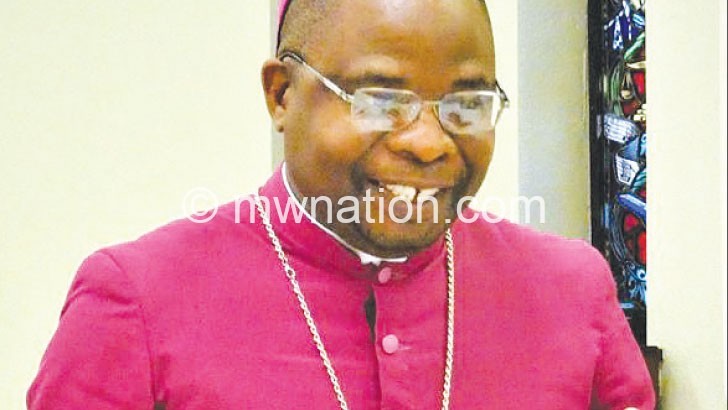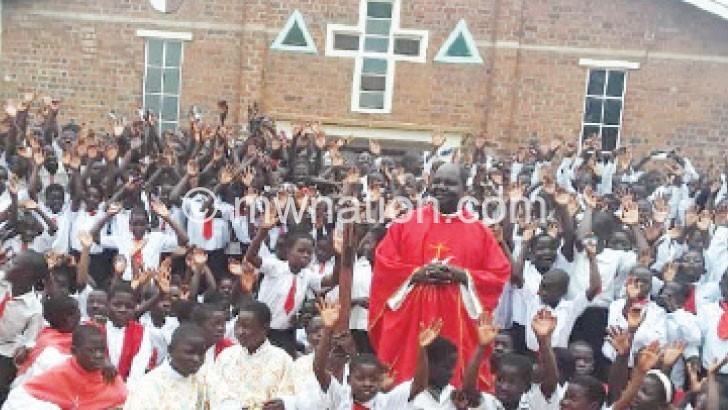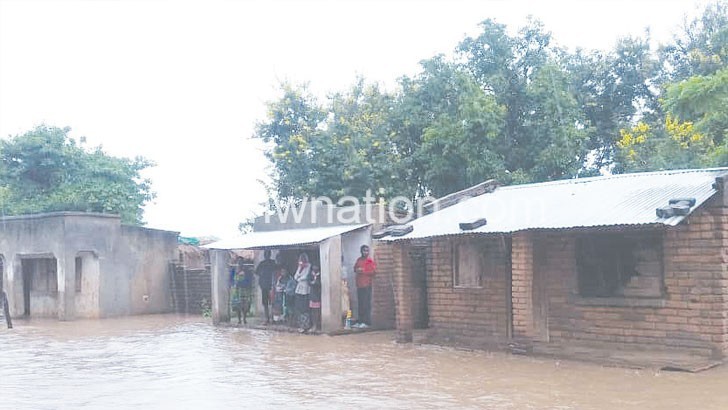What’s in English preaching?
A bonafide CCAP follower, Lyness Saka, 86, is just one week old in Blantyre.
She has come from Mzimba to see her last-born son working for one of the companies in the commercial city.
On her first Sunday in town, Saka asks for direction to a CCAP prayer-house. She is, however, shocked to learn that there is none in the location her son lives in.
“The nearest CCAP prayer houses are Mpachika or St. Columba , which are about four kilometres from here. You need a car or board a minibus to reach that destination. Otherwise, you cannot walk to the place at your age,” the daughter-in-law, a Nyaphiri, announces.
But Saka thinks it would be imprudent to spend her son’s hard-earned money on transport to church. She, therefore, asks for direction to any church closer to the location.
“After all, God is one. God does not care about where one congregates. It is the congregants’ intentions that matter,” she argues.
A few metres away from the house is Kapeni Demonstration School where some believers, especially from the Pentecostal fraternity, meet every Sunday for their praise and worship.
At the doorstep into the classroom-turned prayer-house, Saka is met by an usher and usherette who welcomes her into the worship place.
As she tries to make herself comfortable, two young men take to the pulpit with microphones in their hands.
“Please be comfortable in the house of the Lord, alleluia!” says the man of God.
“Chonde, nonse khalani womasuka mu nyumba ya Ambuye, aleluya,” the other one interprets.
Saka throws her eyes in all directions to see if there is anyone with white skin in the church that would warrant the services of an interpreter, but she sees none. All in all, she remains patient to the last minute of the service.
“Mwana wane, pali na ichi natolapo ku tchalitchi kula! [My son, my congregating with that church has not benefitted me]. You see, there were two pastors in front of the congregation with each of them preaching in his own language. I couldn’t concentrate,” disappointedly, Saka tells her daughter-in-law immediately she arrives home from the church.
The dawn of multiparty democracy in 1992 also brought with it the birth of myriad faith groups with most congregating in makeshift buildings such as classrooms, unoccupied shops, dwelling houses among others.
However, what is surprising is that there is a great desire in almost all leaders of the new churches to deliver their sermons in the Queen’s language with an interpreter aside.
Coincidentally, even congregants attempt to pray and worship in English while others try “tongues”.
At every corner of the building in cities nowadays, you will definitely find a preacher and his interpreter, even if the lost souls he is ministering to are illiterate and would benefit more from a vernacular.
What is interesting, though, is that early missionaries such as the White Fathers of the Catholic Church learned and preached in local languages to ensure the congregants fully understand God’s plan for humankind irrespective of culture and language.
“The only reason such pastors do this is to paint their lies ‘true’ that the Holy Spirit makes them speak in other languages,” argues a Jehovah’s Witness, Gerry Leijen.
Zimbabwean social commentator Alex Nkosi sees nothing wrong in using English, “God understands any language and bless anyone who praises him wholeheartedly,” stresses Nkosi.
Blantyre-based journalist and social commentator Ronald Mpaso thinks by preaching in English, the non-English are telling the world that their languages are inferior.
He too has come across scenarios where every member of that particular congregation speaks/understands our local languages but the preacher prefers the Queen’s language- even where he appears not to be fluent in it.
“There are some preachers who record proceeddings and send them abroad. In that case, the use of English becomes relevant,” Mpaso argues.
Billy Mayaya of the Church and Society of the Nkhoma Synod says in his ethnographic study findings that urbanisation and contextualisation of church dynamics are some of the reasons behind the chase for Pentecostal and charismatic denominations among the current generation.
“The emergence of crusades in the late seventies by the likes of Rheinhard Bonke who used local interpreters started out as a fad and has now become a culture complete with American accents and all,” he points out.
A devout CCAP member based in Lilongwe, Manase Nyirenda, thinks preachers who prefer English have donors abroad, thus, local pastors preach in a language their donors understand at the expense of the people the message if being directed at.
“We are missing the whole purpose of a sermon, which is to drive the lost souls back to God’s will,” argues Nyirenda.
Reverend MacDonald Sembereka of the Anglican Clergy thinks the culture of preaching in English originated from what he calls ‘Pentecostalism in Malawi’, which he argues emerged out of American evangelistic teams that influxed to evangelise the perceived less evangelised.
“This has thus culminated into a culture of only those preaching in English being considered as good preachers so that when you ask them to preach in the vernacular they will be uncomfortable,” says Sembereka.
He underpins the fact that God is omnipresent and, therefore, cannot be put in a language straight jacket.
“It would be fallacious to consider that God is only able to communicate in a particular language. Mainline churches started with the same naivety by using either Latin or Greek, but moved to languages that talk to the people in their own situations.





